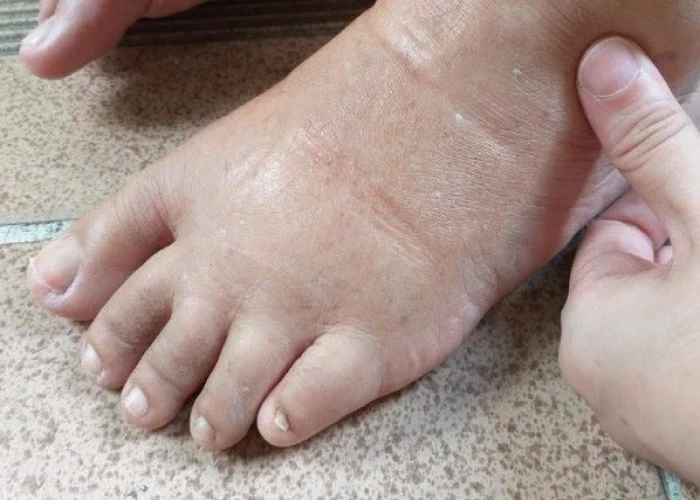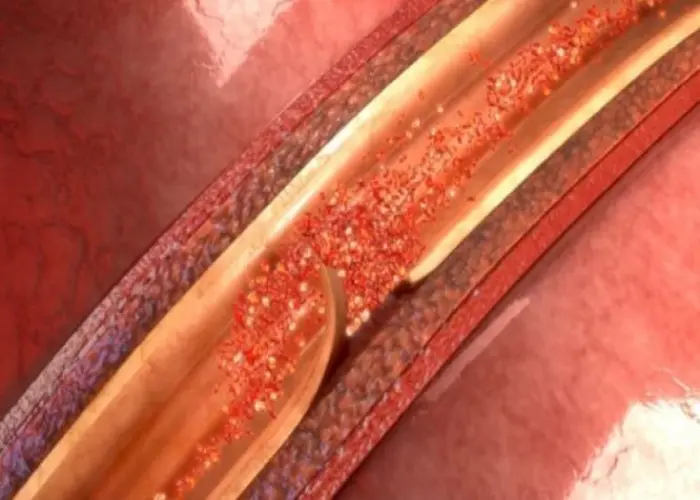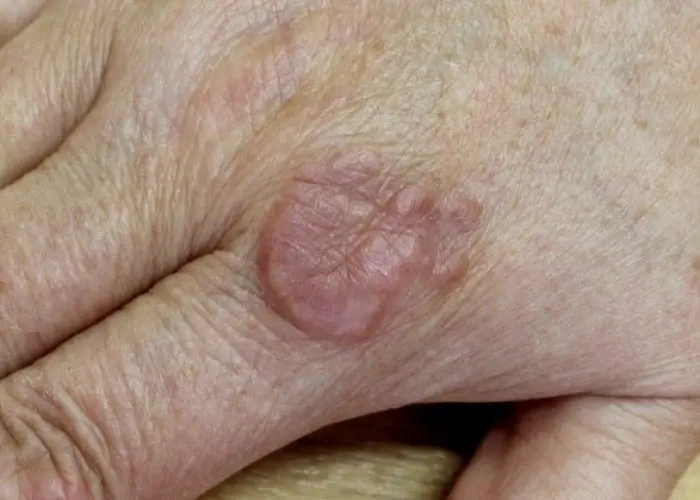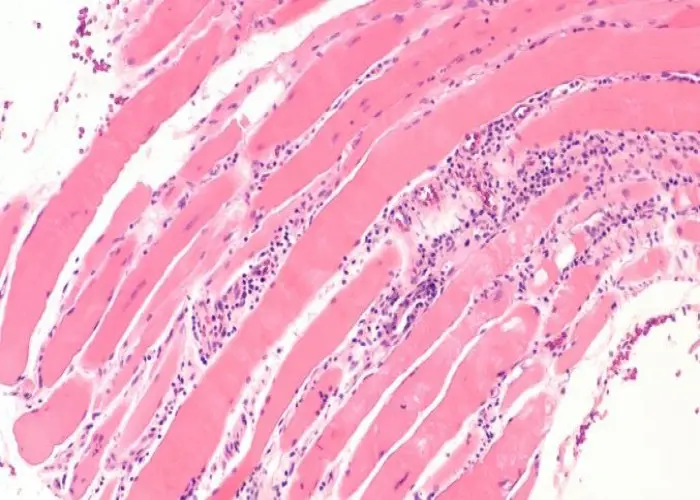 Welcome
Welcome
“May all be happy, may all be healed, may all be at peace and may no one ever suffer."
Systemic mastocytosis

Systemic mastocytosis is a rare disorder characterized by the abnormal accumulation and activation of mast cells in various organs and tissues throughout the body. Mast cells are a type of white blood cell that play a role in the body's immune response.
The exact cause of systemic mastocytosis is not fully understood, but it is thought to be related to genetic mutations that lead to the abnormal growth and activation of mast cells. These abnormal mast cells can release large amounts of histamine and other chemicals, leading to a wide range of symptoms.
Symptoms of systemic mastocytosis can vary widely depending on the location and extent of the abnormal mast cells, but may include skin rashes, itching, flushing, abdominal pain, diarrhea, nausea, vomiting, bone pain, fatigue, and anaphylaxis (a severe, potentially life-threatening allergic reaction).
Diagnosis of systemic mastocytosis typically involves a combination of medical history, physical examination, blood tests, and a biopsy of affected tissue. Treatment options for systemic mastocytosis may include medications to manage symptoms such as antihistamines, corticosteroids, and mast cell stabilizers. In some cases, chemotherapy or other medications may be used to suppress the abnormal growth and activity of mast cells. People with systemic mastocytosis may also benefit from avoiding triggers that can cause symptoms, such as certain foods or medications.
Systemic mastocytosis is a chronic condition that can have a significant impact on quality of life, and ongoing monitoring and management are typically necessary to prevent and manage symptoms.
Research Papers
Disease Signs and Symptoms
- Itching
- Rapid mood chang
- Enlarged lymph nodes
- Enlarged liver and spleen
- Muscle pain
- Low red blood cells (Anemia)
- Nausea or vomiting
- Diarrhea
- Abdomen pain
- Hives
- Difficulty concentrating
Disease Causes
Systemic mastocytosis
Most cases of systemic mastocytosis are caused by a random change (mutation) in the KIT gene. Typically this flaw in the KIT gene is not inherited. Too many mast cells are produced and build up in tissues and body organs, releasing substances such as histamine, leukotrienes and cytokines that cause inflammation and symptoms.
Disease Prevents
Disease Treatments
Treatment may vary, depending on the type of systemic mastocytosis and the body organs affected. Treatment generally includes controlling symptoms, treating the disease and regular monitoring.
Controlling triggers
Identifying and avoiding factors that may trigger your mast cells, such as certain foods, medications or insect stings, can help keep your systemic mastocytosis symptoms under control.
Medications
Your doctor may recommend medications to:
- Treat symptoms, for example, with antihistamines
- Reduce stomach acid and discomfort in your digestive system
- Counteract the effects of the substances released by your mast cells, for example with corticosteroids
- Inhibit the KIT gene to reduce the production of mast cells
A health care professional can teach you how to give yourself an epinephrine injection in the event that you have a severe allergic response when your mast cells are triggered.
Chemotherapy
If you have aggressive systemic mastocytosis, systemic mastocytosis associated with another blood disorder or mast cell leukemia, you may be treated with chemotherapy medications to reduce the number of mast cells.
Stem cell transplant
For people who have an advanced form of systemic mastocytosis called mast cell leukemia, a stem cell transplant may be an option.
Regular monitoring
Your doctor regularly monitors the status of your condition using blood and urine samples. You may be able to use a special home kit to collect blood and urine samples while you're experiencing symptoms, which gives your doctor a better picture of how systemic mastocytosis affects your body. Regular bone density measurements can monitor you for problems such as osteoporosis.
Disease Diagnoses
Disease Allopathic Generics
Disease Ayurvedic Generics
Disease Homeopathic Generics
Disease yoga
Systemic mastocytosis and Learn More about Diseases

Eating disorders

Bone spurs

Pulmonary edema

Golfer's elbow

Aortic dissection

Lymphedema

Granuloma annulare

Dermatomyositis
systemic mastocytosis, সিস্টেমেটিক ম্যাস্টোসাইটোসিস
To be happy, beautiful, healthy, wealthy, hale and long-lived stay with DM3S.
